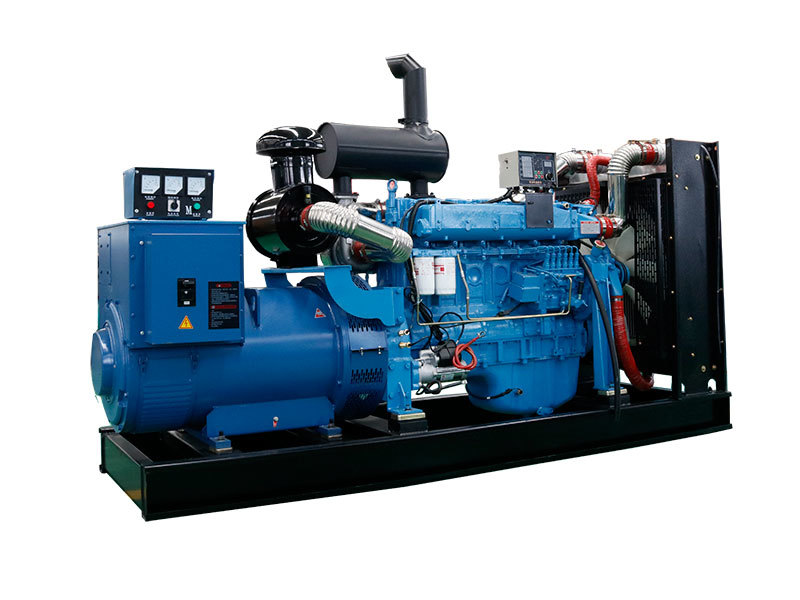The Importance of Diesel Generator Fuel Consumption
When it comes to operating a diesel generator, fuel consumption is a crucial factor that can significantly impact your costs and overall efficiency. Understanding how to calculate and optimize your generator's fuel consumption can lead to substantial savings and a more sustainable energy solution.
How to Calculate Diesel Generator Fuel Consumption
To calculate your diesel generator's fuel consumption, you'll need to know its power output (in kilowatts or kW), the specific fuel consumption (SFC) rating provided by the manufacturer (typically in liters per kilowatt-hour or l/kWh), and the generator's operating hours.
Here's the basic formula for calculating fuel consumption:
Fuel Consumption = Power Output x SFC x Operating Hours
For example, if your generator has a power output of 10 kW, an SFC rating of 0.3 l/kWh, and you run it for 20 hours, your fuel consumption would be:
Fuel Consumption = 10 kW x 0.3 l/kWh x 20 hours = 60 liters
Factors Affecting Diesel Generator Fuel Consumption
Several factors can influence your diesel generator's fuel consumption, including:
Optimizing Diesel Generator Fuel Consumption
Now that you understand the factors affecting fuel consumption let's explore some practical tips for optimizing your diesel generator's fuel efficiency:
- Match the generator's size to your load requirements: Oversized generators often run at partial loads, leading to higher fuel consumption. Choose a generator that closely matches your power needs.
- Maintain optimal engine speed: Consult your generator's manual for the recommended engine speed and ensure it's properly set.
- Schedule regular maintenance: Regularly inspect and maintain your generator to ensure optimal performance and fuel efficiency. This includes changing oil and filters, checking coolant levels, and inspecting belts and hoses.
- Use high-quality fuel: Invest in high-quality diesel fuel to prevent engine issues and improve fuel efficiency.
- Consider energy-saving technologies: Implementing technologies like auto-start/stop systems, load management systems, and variable speed generators can help reduce fuel consumption and save money in the long run.
In Conclusion
Optimizing your diesel generator's fuel consumption not only saves you money but also contributes to a more sustainable energy solution. By understanding how to calculate and optimize fuel efficiency, you can make informed decisions about your generator's operation and maintenance.
So, what's your next step? Start by assessing your generator's current fuel consumption and identifying areas for improvement. Implement the practical tips outlined in this article and monitor your generator's performance to track your progress. In my experience, even small changes can yield significant fuel savings over time.
What are some other ways to improve diesel generator fuel efficiency?
Some additional strategies to improve fuel efficiency include using energy-efficient appliances, optimizing your power distribution system, and exploring renewable energy sources like solar or wind power to supplement your generator's output.
How often should I service my diesel generator?
Most manufacturers recommend servicing your diesel generator every 200-300 hours of operation or at least once a year, whichever comes first. Regular maintenance can help ensure optimal fuel efficiency and prevent costly repairs down the line.





